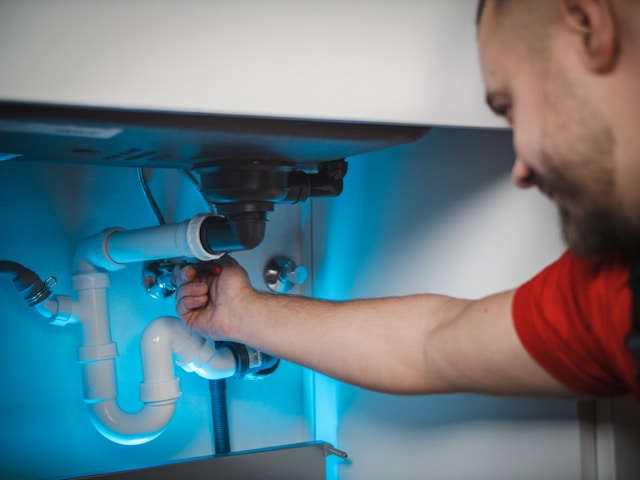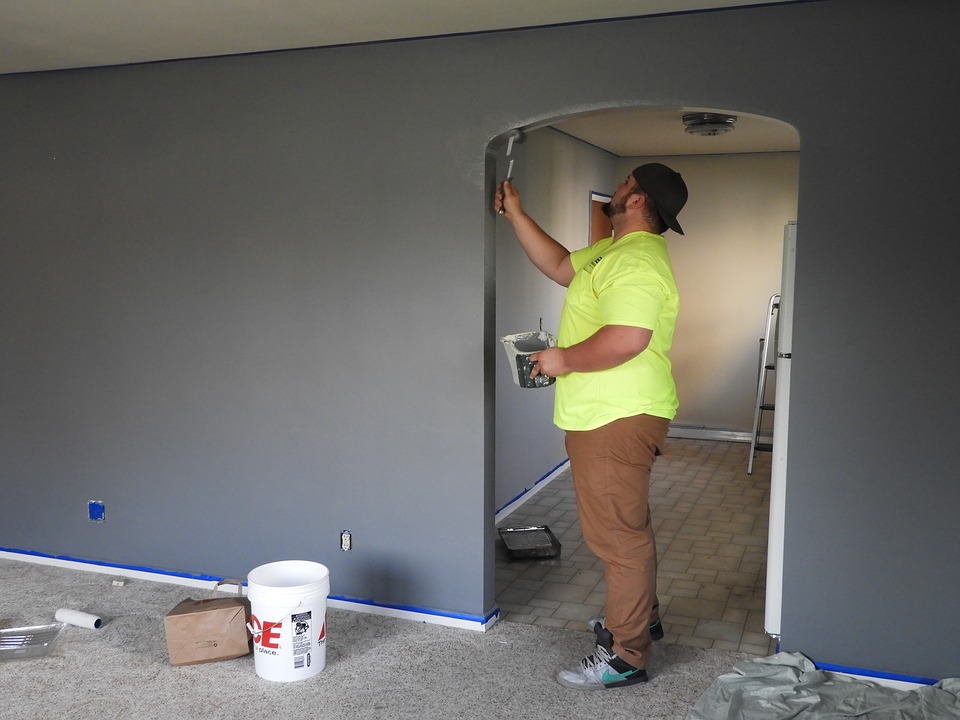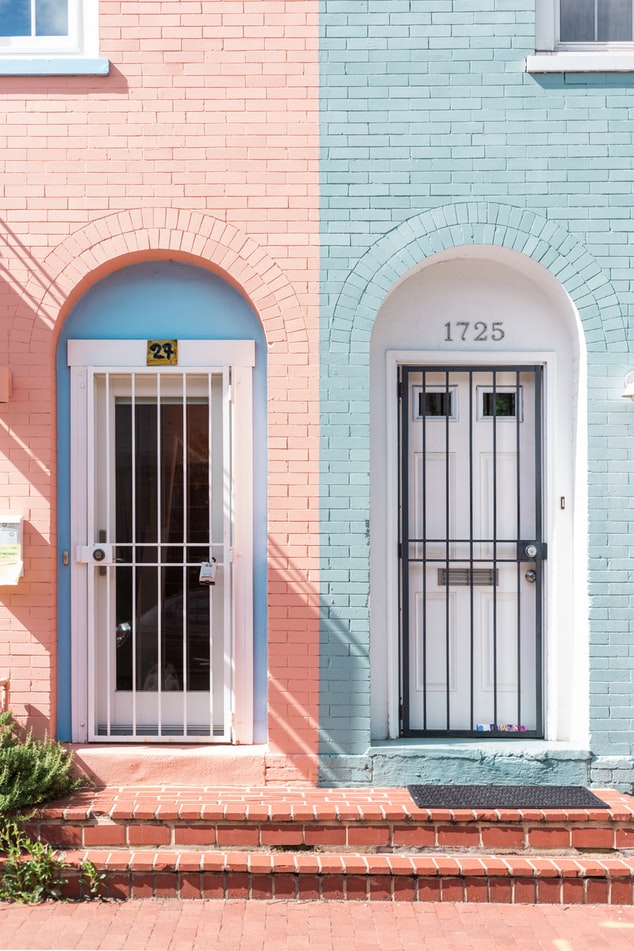When it comes to heating your home efficiently, a boiler system is one of the most reliable options available. Whether you are building a new home, replacing an outdated heating system, or upgrading to a more energy-efficient model, understanding the intricacies of home boiler installations is crucial. A well-installed boiler can provide consistent, energy-efficient heating for years, but the process involves careful planning, consideration of various factors, and professional expertise.
Understanding Different Types of Boilers
Before diving into the installation process, it’s important to understand the different types of boilers available on the market. The type of boiler you choose will depend on your home’s specific needs, the size of your property, and your heating preferences. There are three main types of boilers: combi boilers, system boilers, and conventional boilers.
Combi boilers are popular in homes with limited space because they combine heating and hot water into one compact unit. This type of boiler heats water directly from the mains, so you don’t need a separate hot water storage cylinder. Combi boilers are highly efficient and provide hot water on demand, making them ideal for smaller households or properties where space is at a premium.
System boilers, on the other hand, require a separate hot water storage cylinder, but they do not need a water tank in the loft. This makes them a good option for homes with multiple bathrooms or higher hot water demands. System boilers are efficient and provide a constant supply of hot water, which is particularly beneficial for larger households.
Conventional boilers, also known as regular or traditional boilers, are the oldest type of boiler system. They require both a hot water cylinder and a cold water storage tank. While conventional boilers take up more space, they are a good choice for homes with older radiator systems or where water pressure is low. They can handle high hot water demands and are often used in larger homes or properties with multiple bathrooms.
Factors to Consider Before Installation
Choosing the right boiler for your home is just the first step. Several factors must be considered before installation to ensure the boiler meets your home’s heating needs and operates efficiently.
The size of the boiler is critical. A boiler that is too small will struggle to heat your home adequately, leading to higher energy bills and reduced comfort. Conversely, a boiler that is too large will waste energy and cost more to run. The size of the boiler is typically determined by the heat output required, which is measured in kilowatts (kW). This calculation depends on the size of your home, the number of radiators, the level of insulation, and the hot water demand.
Energy efficiency is another important consideration. Modern boilers are designed to be highly energy-efficient, often achieving efficiencies of over 90%. This means that more of the fuel used is converted into heat, reducing energy bills and minimizing environmental impact. When choosing a boiler, look for models with high-efficiency ratings and features like modulating burners, which adjust the heat output to match the heating demand, further improving efficiency.
The type of fuel your boiler will use is also a significant factor. Most boilers run on natural gas, but if your home is not connected to the gas grid, you may need to consider alternative fuels such as oil, LPG (liquefied petroleum gas), or electricity. Each fuel type has its pros and cons in terms of cost, availability, and environmental impact. Natural gas is typically the most cost-effective and widely available option, while oil and LPG are often used in rural areas where gas supply is limited. Electric boilers are an option for homes where gas or oil is not feasible, but they tend to be more expensive to run due to higher electricity costs.
The location of the boiler within your home is another key consideration. Boilers can be installed in various locations, including kitchens, utility rooms, airing cupboards, or even lofts. The best location for your boiler depends on the type of boiler, the layout of your home, and building regulations. It’s essential to ensure that the boiler is installed in a well-ventilated area with easy access for maintenance and repairs. The flue, which expels the exhaust gases from the boiler, must also be positioned correctly to meet safety regulations.
The Boiler Installation Process
Once you have chosen the right boiler for your home and considered all the necessary factors, the installation process can begin. It’s crucial to hire a qualified and experienced heating engineer or plumber to carry out the installation, as this ensures the job is done safely, efficiently, and in compliance with building regulations.
The installation process typically begins with a survey of your home by the heating engineer. During this survey, the engineer will assess the current heating system, determine the best location for the new boiler, and make recommendations based on your heating needs and preferences. This step is essential for ensuring that the installation goes smoothly and that the boiler is correctly sized and positioned.
The next step involves removing the old boiler, if applicable. This process can vary in complexity depending on the type of boiler being replaced and the condition of the existing system. The engineer will disconnect the old boiler, drain the system, and safely remove the unit. If necessary, the engineer may also remove or replace existing pipework, radiators, or hot water cylinders.
With the old boiler removed, the installation of the new boiler begins. The engineer will install the new unit in the designated location, connect it to the existing pipework, and ensure all connections are secure and leak-free. The flue will be installed or adjusted to comply with safety regulations, and any necessary electrical connections will be made. If the installation involves a system or conventional boiler, the engineer will also connect the hot water cylinder and any additional components.
Once the installation is complete, the engineer will test the boiler to ensure it is working correctly. This includes checking the pressure, ensuring the system is free of leaks, and verifying that the boiler is heating both the home and water as expected. The engineer will also set up the thermostat and controls, showing you how to operate the system and adjust settings for optimal comfort and efficiency.
The final step is registering the boiler with the manufacturer to activate the warranty. This step is important because it ensures you are covered in case of any future issues with the boiler. The engineer will provide you with all the necessary documentation, including the installation certificate and user manual, and may offer advice on maintaining your new boiler to keep it running efficiently.
Maintenance and Long-Term Considerations
After the installation is complete, maintaining your new boiler is crucial for ensuring its longevity and efficiency. Regular maintenance not only helps prevent breakdowns but also ensures the boiler operates at peak efficiency, reducing energy bills and extending the system’s life.
Annual servicing by a qualified heating engineer is essential. During the service, the engineer will inspect the boiler, clean key components, check the safety features, and make any necessary adjustments or repairs. This helps identify potential issues before they become major problems and ensures the boiler continues to operate safely and efficiently.
In addition to annual servicing, there are a few simple tasks you can perform to keep your boiler in good condition. Regularly checking the pressure gauge, bleeding radiators to remove trapped air, and keeping the area around the boiler clean and free of obstructions are all important for maintaining your system.
It’s also important to be aware of the signs that your boiler may need attention, such as unusual noises, a drop in pressure, or inconsistent heating. If you notice any of these issues, it’s best to contact a heating engineer promptly to diagnose and address the problem before it leads to a more significant breakdown.
A home boiler installation is a significant investment that requires careful consideration and professional expertise. By choosing the right boiler for your home, understanding the installation process, and maintaining the system properly, you can enjoy reliable, energy-efficient heating for many years. Whether you’re replacing an old boiler or installing a new one in a newly built home, taking the time to plan and execute the installation correctly will ensure your home remains warm and comfortable, even during the coldest months.



